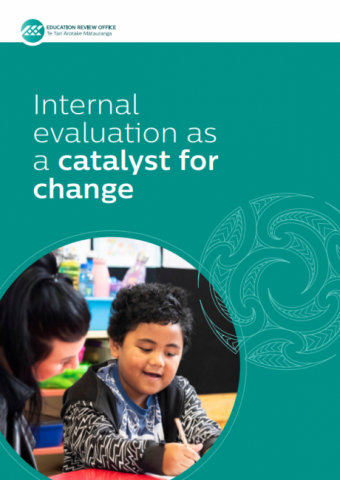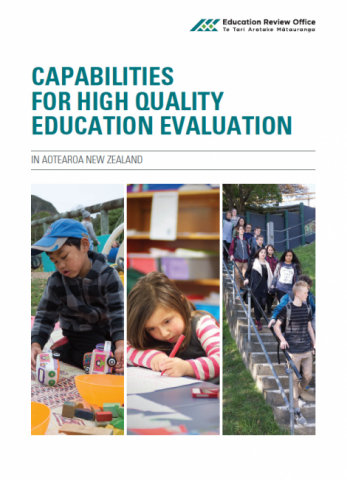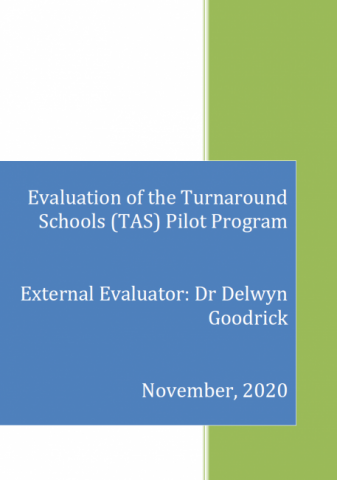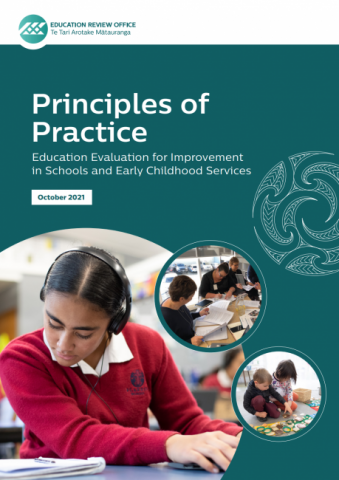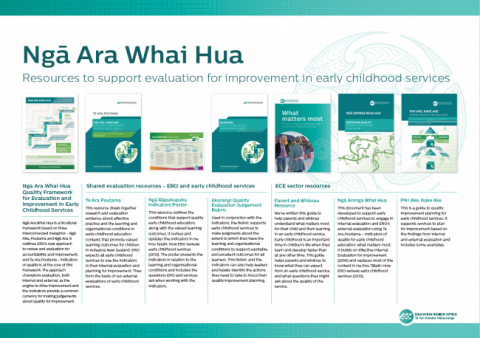Internal evaluation as a catalyst for change
Published: 29 Sep 2021
This resource draws on recent Education Review Office (ERO) national evaluation reports to highlight how schools, both primary and secondary, have been evaluating teaching and learning and then using the findings to improve outcomes for students. ERO found that schools that significantly improved outcomes for students based their priorities for action on the findings from high-quality internal evaluation.
- Audience:
- Academics
- Education
- Parents
- Schools
- Content type:
- Research
